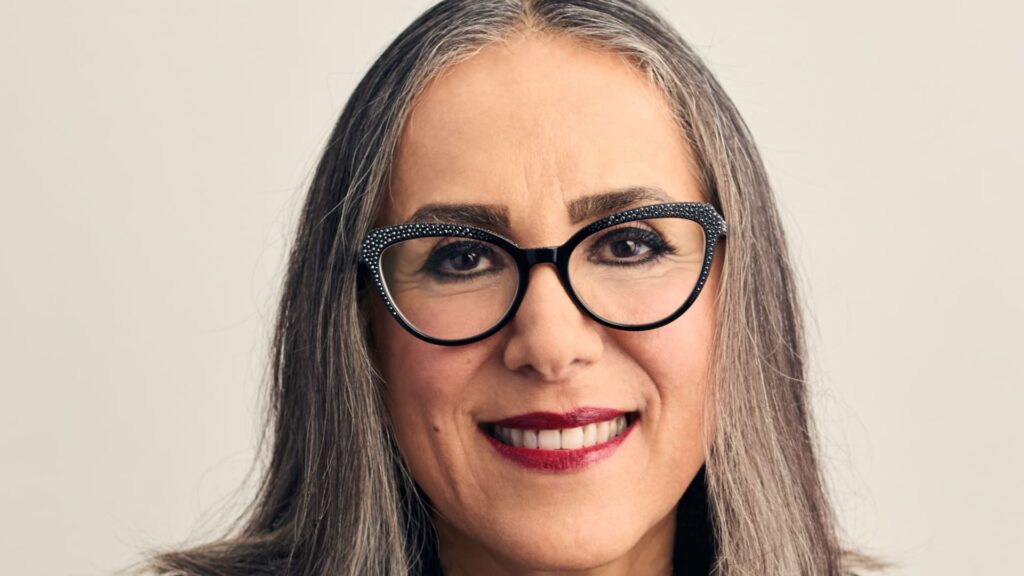There are two skills every new business owner needs to develop, because doing so will make the biggest difference between success and failure, according to Shanaz Hemmati, a veteran of two multibillion-dollar startups.
One is perseverance, or the ability to power through the inevitable obstacles and setbacks that come with running a business, says Hemmati, co-founder of ZenBusiness, an artificial intelligence software startup that works to help first-time entrepreneurs navigate regulatory processes.
“First, [it’s] understanding that it’s hard, it’s not easy” to build a successful business, she says. “It takes perseverance. It takes work. It takes constant learning.”
The second key skill every founder needs is the adaptability to change strategy when necessary, Hemmati says.
“Being able to, or being willing to, change if something is not working, [doing it] very quickly and trying different things,” says Hemmati. “I think that is a big difference between those who do succeed versus those who [do not].”
Launched in 2017, ZenBusiness was most recently valued at $1.7 billion in November 2021, the company said at the time. Hemmati and co-founder Ross Buhrdorf were previously executives at vacation rental marketplace HomeAway, which Expedia bought for $3.9 billion in 2015.
‘Don’t ever think of it as a failure’
Multiple entrepreneurs cite perseverance as a crucial trait for success. Jensen Huang, Nvidia’s billionaire co-founder and CEO, has said that his ability to work through the “pain and suffering” of building a business was key to his and Nvidia’s success.
“Greatness is not intelligence. Greatness comes from character. And character isn’t formed out of smart people, it’s formed out of people who suffered,” Huang told students at his alma mater, Stanford University, in May 2024.
Perseverance and a related trait, resilience, are two of the biggest predictor for success, psychologists say. People who work to develop those skills are less likely to quit at the first sign of trouble and more likely to have the confidence to bounce back from a failure or setback, giving themselves a better shot a succeeding in the future.
When it comes to developing those skills, Hemmati’s advice is to never allow failure to discourage you. Instead, see it as an opportunity to learn something new: What went wrong? What can you do differently next time to succeed in the future?
“Don’t ever think of it as a failure,” she says. “My advice, always: Think about everything that you learn, especially with an entrepreneur. Because once you’re an entrepreneur, you’re an entrepreneur for your whole life … So think about all the learnings and apply it [next time].”
The power of pivoting
In a sense, Hemmati’s advice may seem contradictory: You need to stay the course during difficult stretches, and change your strategy when necessary. The real trick is learning when to lean into your perseverance and when to embrace your adaptability, she says.
Some startup founders are simply too stubborn, or afraid, to deviate from their initial strategy, even when the early returns suggest it’s not working out, says Hemmati.
“There is a huge difference between those who have a mindset of exactly how they want to do [something], versus those who are truly open and think through [their options],” she says. That difference in mindset can ultimately be the difference between success and failure, she adds.
Some other experts agree. The ability to take in constructive feedback and research, and then make necessary changes, is essential for any business to succeed, entrepreneur and author James Sherman told CNBC Make It in November 2023.
“Pivots are part and parcel of the entrepreneur’s journey,” said Sherman. “An entrepreneur just has to be nimble, has to be flexible, has to be grounded and accept things and have the attitude that will allow them to ultimately be successful.”
As an example, Hemmati points to the many businesses that had to shift strategies or entire business models to stay afloat during the Covid-19 pandemic closures that started in 2020. Every business can expect to have “up and down times [and] everybody understands that,” but successful leaders recognize “when something is truly not working and [then start] thinking through: ‘What all do I need to change?'” she says.
In those cases, time is usually of the essence, and you’ll probably need to figure out what will work before it’s too late, Hemmati adds. She advises against “thinking that the solution has to be perfect before you [try it].”
“If you’re thinking about it, probably there are other people that are thinking about it too,” says Hemmati. “So the sooner you can be out with your solution, the better off you’re going to be — and the faster you’re going to learn about what’s working and what’s not working.”
Want to earn more and grow your money? Save 30% with this earnings-boosting bundle of our top courses.
Plus, sign up for CNBC Make It’s newsletter to get tips and tricks for success at work, with money and in life, and request to join our exclusive community on LinkedIn to connect with experts and peers.


